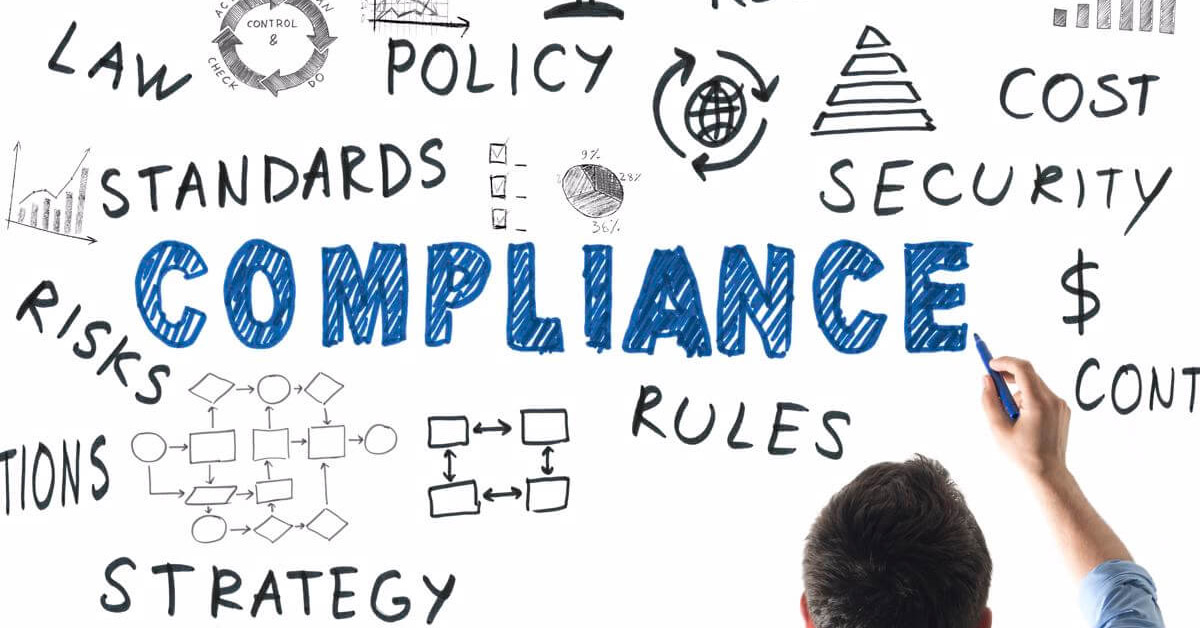18 Nov Notice of Admission Billing Questions
[vc_row css_animation="" row_type="row" use_row_as_full_screen_section="no" type="full_width" angled_section="no" text_align="left" background_image_as_pattern="without_pattern"][vc_column][vc_column_text]
Home health agencies nationwide are preparing for CMS' declaration that No Pay RAPS will be replaced with a Notice of Admission process, scheduled to go into implementation on January 1, 2022. Earlier in the year, CMS published a memo explaining how to submit an NOA, however, many homecare providers still have a lot of questions.











